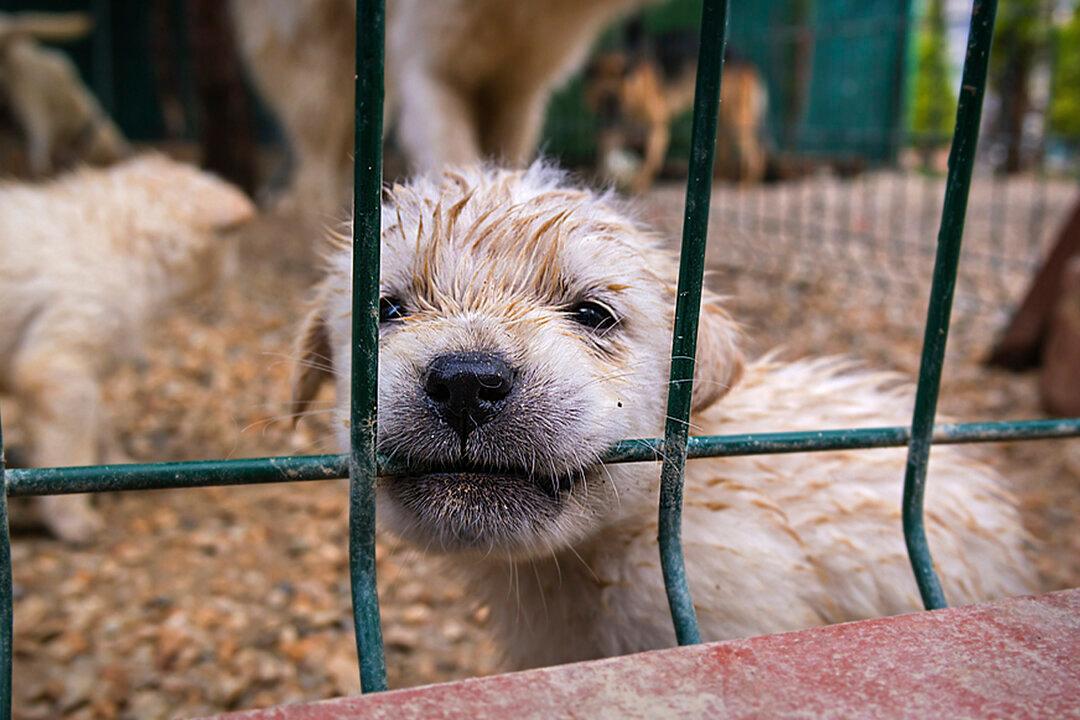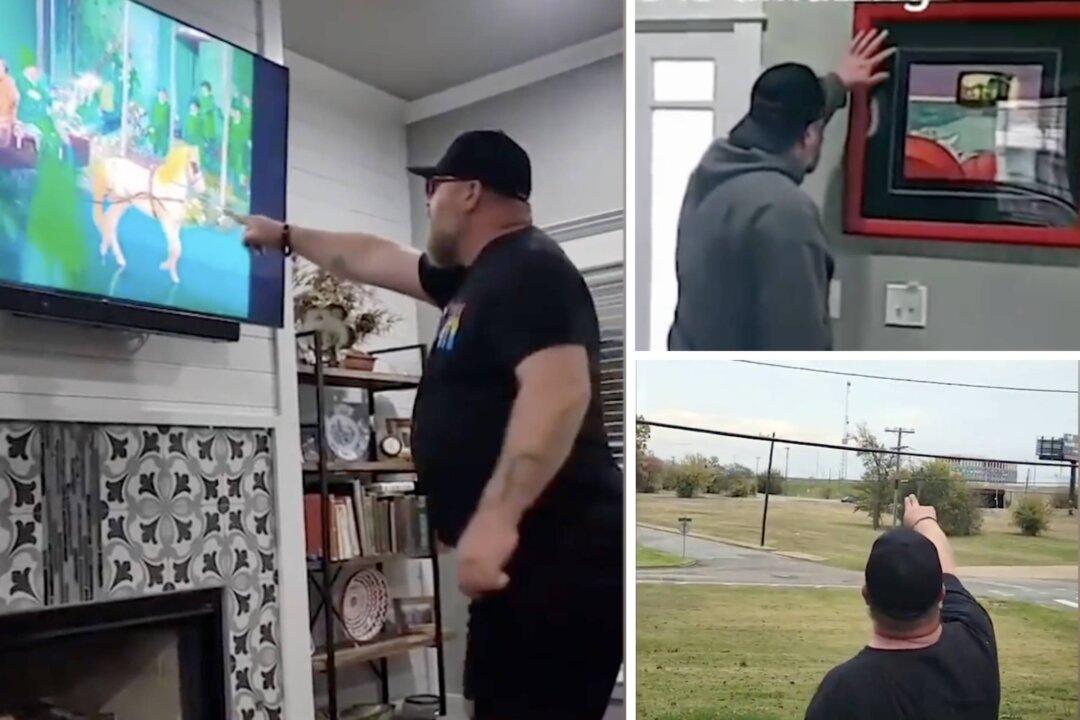Last Thursday in Texas, the San Antonio City Council voted 9-1 in favor of banning the sale of cats and dogs from commercial breeders at any of the city’s pet stores.
The legislation targets the so-called puppy mills, a term used by animal rights campaigners to describe large commercial-breeding operations, often with poor conditions and little concern for animal welfare.






